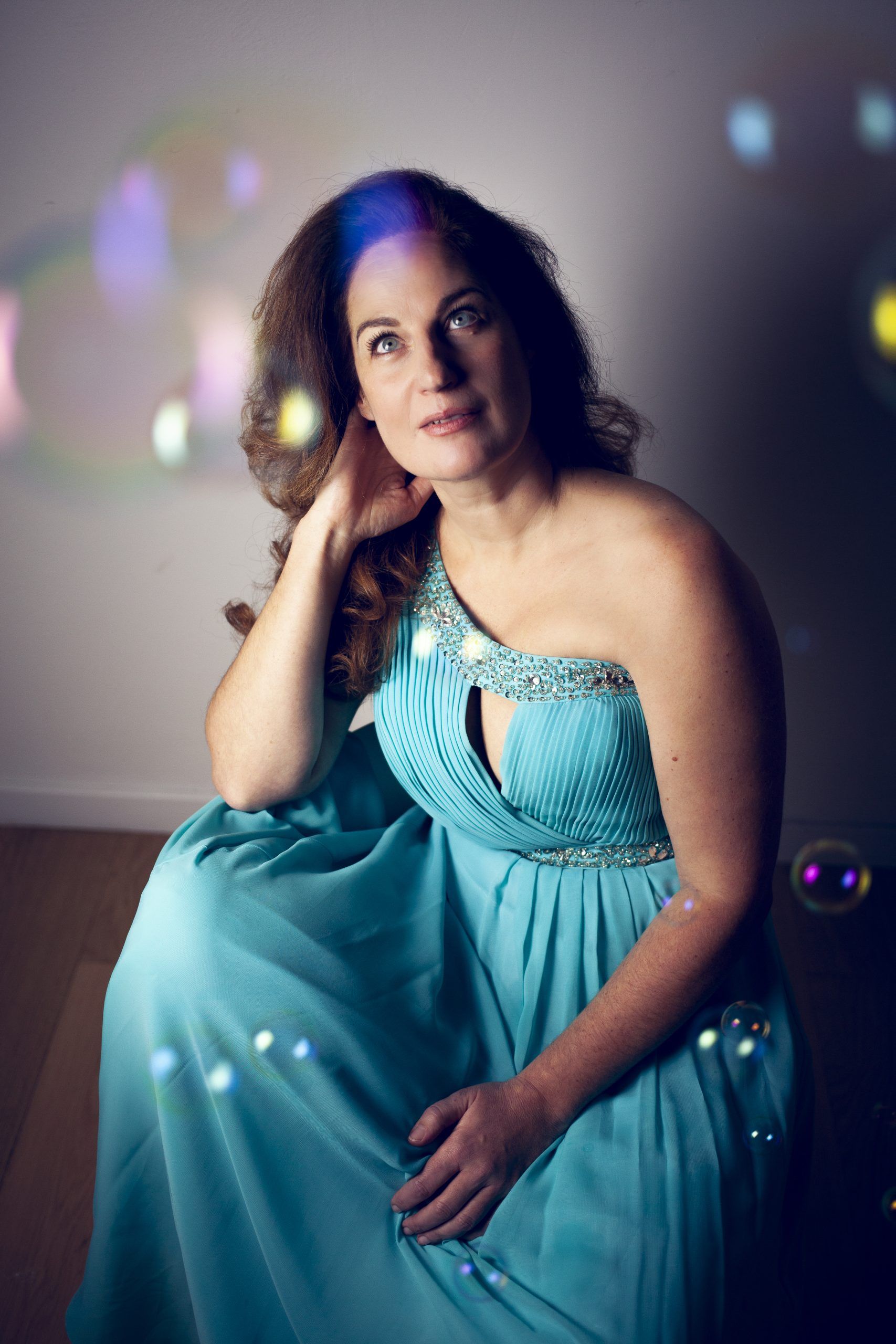Circé Reawakened: Desmaret’s opéra, with Véronique Gens

A “Tragédie mise en musique,” Henry Desmarest's Circe here finds Véronique Gens in the title role, against Mathias Vidal’s Ulysses. Here's a taster:
Released in typical Château de Versailles Spéctacles fashion (lavish, with detailed booklet notes and full libretto with translation), this is a major addition to thir collection of French Opera releases (the 16th in the series).
Henri Desmarest (sometimes seen as “Desmarets”; indeed, that's how it appears on the original title page of Circé) was one of the leading post-Lully/Rameau composers in France, alongside the likes of Campra, Colasse and Destouches: Donald Jay Grout in his Music in the Baroque Era is unnecessarily dismissive of this group of composers when he says they “could not rid themselves of Lully's overwhelming influence but they substituted for his frigid melodies short-breathed airs in roccoco style which lacked dramatic significance,” citing only Marais’ Alcyone (1706) and Montéclair’s Jephté (1732) as achieving “a dramatic grandeur worthy of their predecessor”.
Desmarest’s opera, a “tragédie en musique,” centres around the sorceress Circe, a character from Ovid’s Metamorphoses. Desmarest was only 32 at the time of composition; the libretto is by Louise-Geneviève Gillot (de Saintonge, 1630-1718). Desmarest’s opera was the first to achieve success in Paris since the death of Lully in 1687 and his libretttist Quinault (1688). Despite that success, it was never revived, although André Campra used parts of the piece as the basis for a pastiche, Télémaque ou les Fragments des Modernes, a decade later.
Although performed around 1694 in Paris at the Académie de Musique, Circé was not published until 1964.
The performance here is fabulous: Les Nouveaux Charactères, the instrumental ensemble, characterises the many dances to perfection (try the last part of the Prologue, with its “Air pour les Jeux et les Plaisirs,” the ensuing “Menuet pour les Nymphes de la suite de la Seine,” its Gigue, its two Bouréers and its Gavotte - note in particular the spirited woodwind writing). The other side of the band’s abilities is heard in the impossibly touching and tender “Air lentement” (which leads to a Sarabande and Canarie) in act 1.
As was traditional, the Prologue is a tribute to the King, here against the backdrop of the Battle of Augsburg (1688-97): Les Plaisirs and Les Jeux (Pleasures and Games) fleeing war, take refuge on the banks of the Seine, where they are welcomed by the river Gods and Goddesses and the King in an extended divertissement.
Circe arrives in Act 1, and from the off Véronique Gens is spell-binding, eminently believable as she tells of her fears around the strength of Ulysses' love (“Ah, que l’amour aurait de charmes”). Her voice works perfectly against Mathias Vidal’s light-voiced, perfectly pitched Ulysses in “Prince, vous connaissez jusqu'où va ma tendresse”; listen to how Vidal responds to her first phrase so beautifully. Other Gens hotspots are her act IV scene 2 “Viens me découvrir ,a rivale” ... and, later in teh same act, the unspeakably touching “Calmez votre violence”.

Nicholas Courjal is a strong Elphénor (and ghost of Elphénor), suitor to Astérie (the excellent Caroline Mutel, who also takes the role of Minerve) and proper basso profundo . Elphénor's air, “L’inhumaine me fuit” (The coldhearted woman shuns me) that ends the first act is perfectly convincing: Desmarest's music is simply gorgeous. Mutel gets her chance to shine as Astérie at the opening of the second act, at first alone and then in duet with Ulysse.

Mattias Vidal”s Ulysse is ardent, human and above all believable in emotions: try “Faudra--t-il toujours me containdre?” from the second act (Will I always have to be constrained?), Desmarest’s pained harmonies beautifully conveyed by the strings. Ulysse's dream is gruffly shattered by Les Nouveaux Caractères, as he encounters Aeolia and renews his vows of love. The music is ardent, the chemistry between Achille and Vidal's Ulysse palpable. It is a volatile exchange, viscerally convyed in sound-only CD by the two singers and, not least, by the players.
Cécille Achille (who sang Madame Mathurin in Gréry's Richard, Cœur de Lion at Versailles in 2019; see my review) is superb as Éolie (Aeolia) - who arrives on the island in search of Ulysse and who is intercepted by Caroline Mutel's Minerve. Ulysse himself sleeps in a magical forest in which the trees are Circe's former lovers. Scene 3 is remarkable, a meditaion on sleep that features a pair of flutes and restrained, beautiful (and quite harmonically progressive!) chorus. This is the true central still-point of the opera.
The final act begins with a Ritournelle laden with emotive weight; Astérie's lines, too (Mutel) are full of pain. Romain Bockler is a fine Polite at this point, but really the emotional action is carried by the instrumental ensemble. It is Circê who ahs the last word (both scenes six and seven of the fifth and final act); Gens is replendent.
A remarkable set, perfectly organised, holding a brilliant performance. Desmarest has surely rarely been as well served.
As a Spotify option, I have included Gens' Alpha album, Passion, which includes some of Circé.
